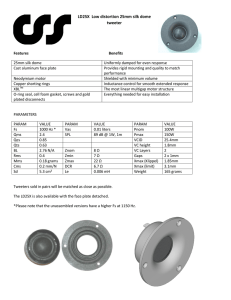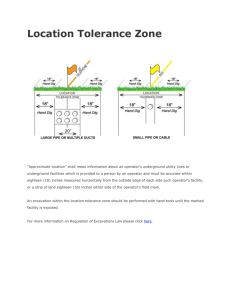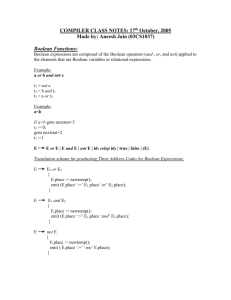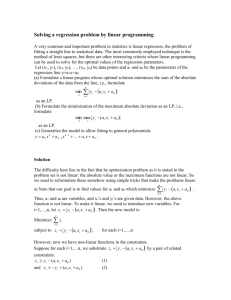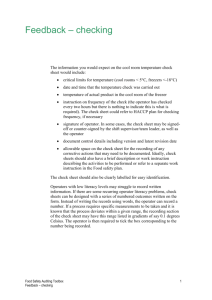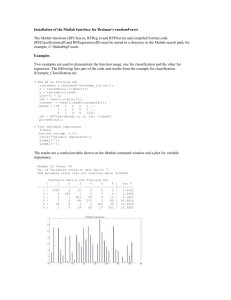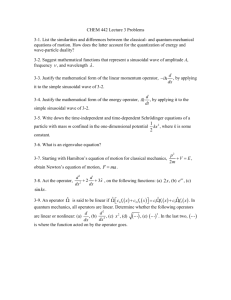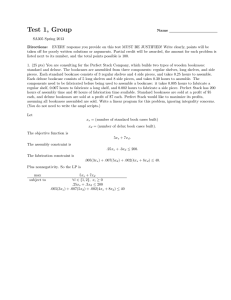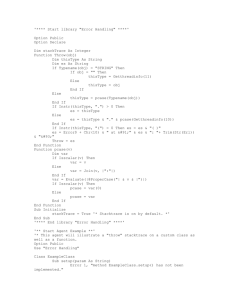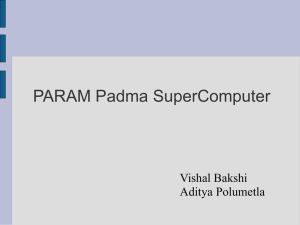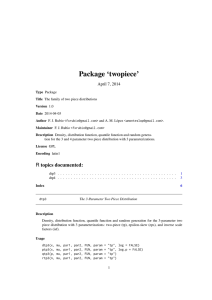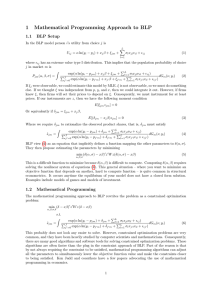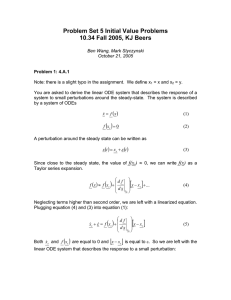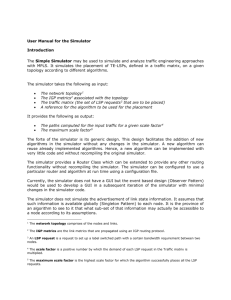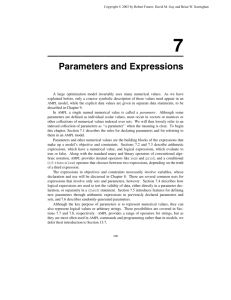TACintro
advertisement
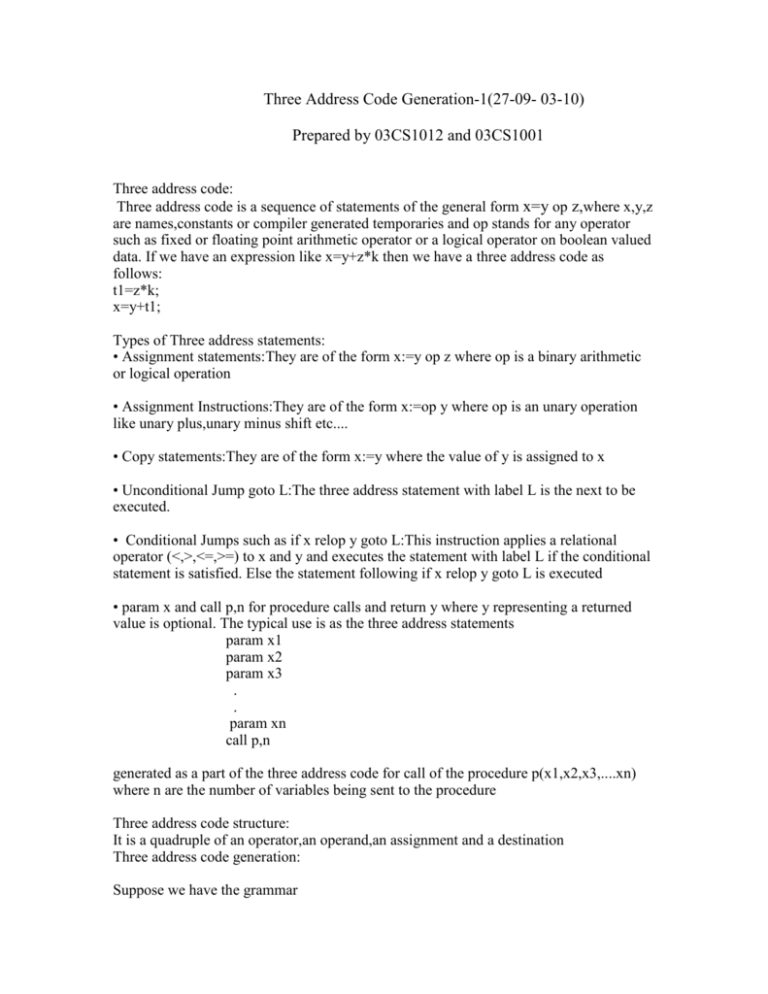
Three Address Code Generation-1(27-09- 03-10) Prepared by 03CS1012 and 03CS1001 Three address code: Three address code is a sequence of statements of the general form x=y op z,where x,y,z are names,constants or compiler generated temporaries and op stands for any operator such as fixed or floating point arithmetic operator or a logical operator on boolean valued data. If we have an expression like x=y+z*k then we have a three address code as follows: t1=z*k; x=y+t1; Types of Three address statements: • Assignment statements:They are of the form x:=y op z where op is a binary arithmetic or logical operation • Assignment Instructions:They are of the form x:=op y where op is an unary operation like unary plus,unary minus shift etc.... • Copy statements:They are of the form x:=y where the value of y is assigned to x • Unconditional Jump goto L:The three address statement with label L is the next to be executed. • Conditional Jumps such as if x relop y goto L:This instruction applies a relational operator (<,>,<=,>=) to x and y and executes the statement with label L if the conditional statement is satisfied. Else the statement following if x relop y goto L is executed • param x and call p,n for procedure calls and return y where y representing a returned value is optional. The typical use is as the three address statements param x1 param x2 param x3 . . param xn call p,n generated as a part of the three address code for call of the procedure p(x1,x2,x3,....xn) where n are the number of variables being sent to the procedure Three address code structure: It is a quadruple of an operator,an operand,an assignment and a destination Three address code generation: Suppose we have the grammar S->id:=E E->E+E | E*E | -E | (E) | id Grammar Rule Action Statements S->id:=E S.code :=E.code || gen(id.place”:=”E.place) E->E1+E2 E.place=newtemp() E.code:=E1.code || E2.code || gen(E.place “:=” E1.place '+' E2.place) E->E1*E2 E.place=newtemp() E.code:=E1.code || E2.code || gen(E.place “:=” E1.place '*' E2.place) E-> -E1 E.place=newtemp() E.code := E1.code || gen(E.place ':=” '-' E1.place) E->(E1) E.place=E1.place E.code=E1.code E->id E.code=' ' E.place=id.place Here E.code stands for the three address code generated by E and E.place stands for the variable name

